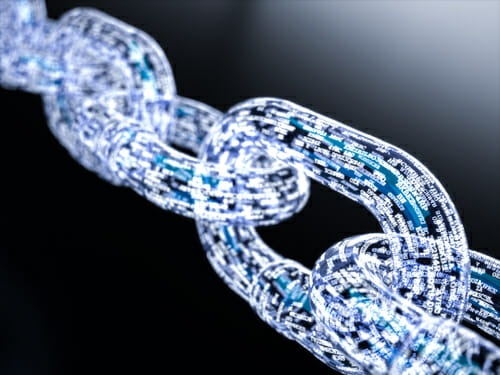Blockchain can improve transparency, fairness, and inclusiveness in a democracy, according to Jake Yocom-Piatt, co-founder of Decred. The Decred Blockchain has played a role in timestamping political donations and verifying party positions in the recent Brazilian elections. He envisions a much broader use of Blockchain to combat misinformation, verify donations, and provide transparent policy platforms.
Blockchain can help ensure a fairer, more transparent, and inclusive democratic process. At least that’s the opinion of Jake Yocom-Piatt, co-founder and project manager of Decred. Yocom-Piatt talked about how Decred aims to promote electoral integrity, combat lies, and expand the potential of decentralized social networks.
Decred, an open-source Blockchain, has been working on Blockchain voting and timestamping solutions. While he is probably best known for his cryptocurrency $DCR, Decred’s innovations in the public realm have arguably left a deeper mark.
Donation Verification and Policy Platforms on Blockchain
In 2020, Decred’s Blockchain was used to mark time and record donations for Brazil’s municipal elections, when voters elected mayors, vice mayors, and councilors for all 5,568 cities in the United States.
Each Blockchain can be understood as a timestamp system for transactions within it, Yocom-Piatt said. Not everyone understands this, but the implications for fact-checking are immense. He explained the technical aspects as follows:
“It is possible to proxy data timestamp using a Blockchain, where you insert a file hash into a transaction on the Blockchain in question. Proof that the data existed on or before a given date is generated as a Merkle path to a single on-chain hash value every hour.”
Timestamping millions of documents with each of these anchors is not difficult to achieve. Therefore, Decred can offer the service for free, Yocom-Piatt explained. For candidates, Blockchain can make donations more public and transparent.
In the 2022 Brazilian presidential race, Blockchain once again served as a tool to counter disinformation. A given party could verify its list of policies and positions, in a way that is difficult for bad actors to imitate, Yocom-Piatt explained:
“In the run-up to the election, candidates’ plans were altered to spread misinformation, so one party turned to Blockchain so people could independently verify the authenticity of their manifestos.”
Can Decentralized Social Networks Save Democracy?
In Web 2.0, and with advances in AI, it can be impossible to know who one is talking to. One could be reading the thoughts and opinions of a bot, a Russian puppet account, or a real person. This can manifest as exaggerated support for a token or coin, creating a false impression of grassroots enthusiasm.
However, in the world of politics, where the stakes are higher, Yocom-Piatt believes that Blockchain-based social media platforms can have a positive impact on elections themselves:
“By removing centralized control and putting power in the hands of users, these platforms foster transparency, fairness, and inclusion. They allow diverse voices and perspectives to be heard, which reduces the influence of traditional gatekeepers.”
“DeFi platforms can also mitigate the spread of misinformation and manipulation by implementing robust verification mechanisms and user-driven fact-checking processes. Through increased privacy and data ownership, decentralized social media platforms allow people to make informed decisions while protecting their personal information.”
So far, more established platforms like Lens and Mastodon have barely had an impact on the general public consciousness. Despite Elon Musk’s slow incineration of what used to be called Twitter, its users still number in the hundreds of millions.
By Audy Castaneda











